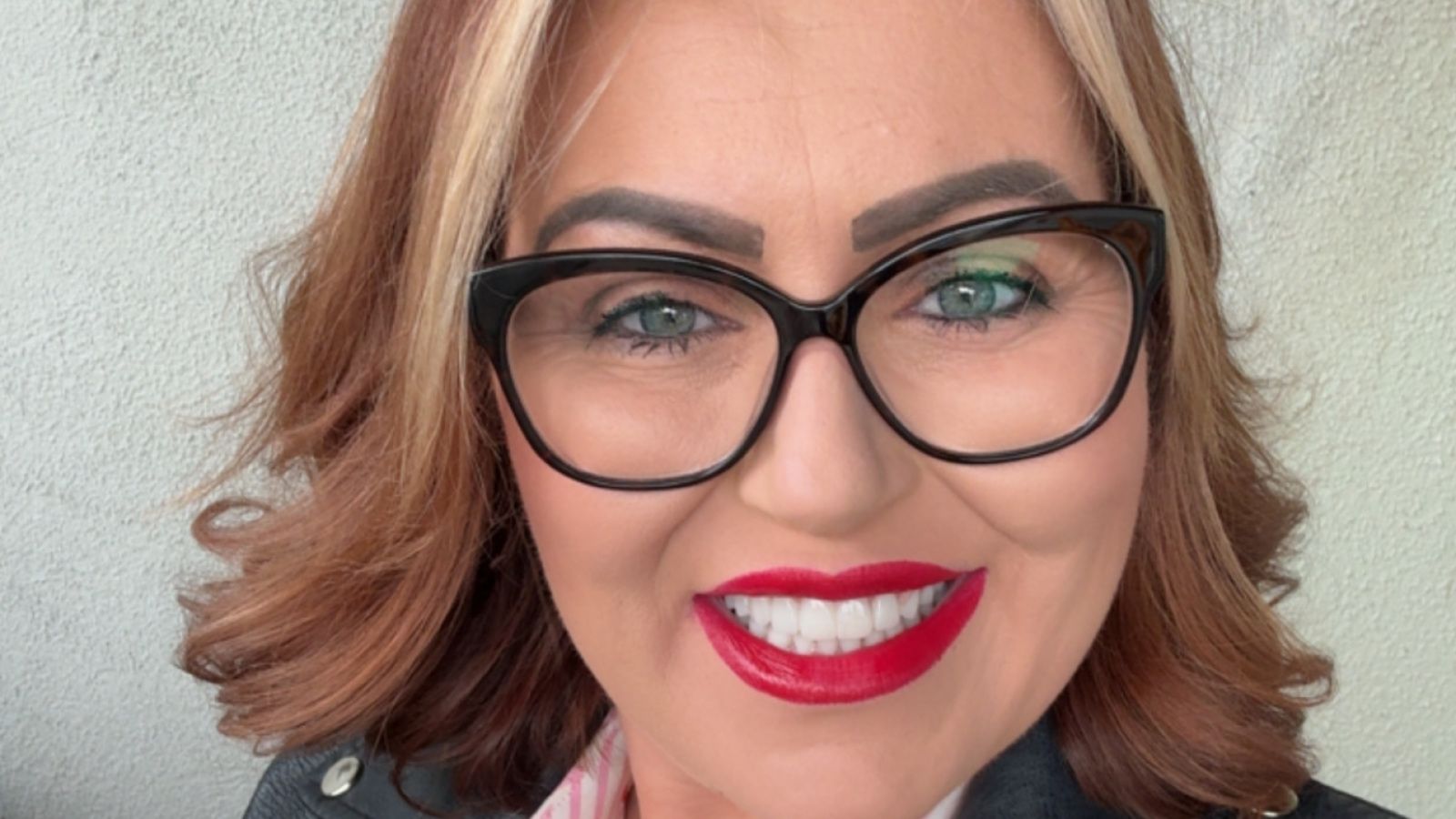Laura's Story
“Waiting 12 weeks from the point of diagnosis until I could have my mastectomy was horrific. Every minute that passed over those 12 weeks felt like an hour because I was so nervous about the cancer growing further.”

Laura Hughes from Laois found a small lump under her right breast last January on her 40th birthday. Laura has a family history of breast cancer, with her maternal and paternal grandmothers and three aunties all having been diagnosed with the disease.
Because of this, Laura’s GP agreed that she should get a yearly mammogram from the age of 40. She went to her GP to get the lump checked and was referred to a Breast Clinic.
“It was a teeny, tiny lump that was under my breast – it was even smaller than a pea,” says Laura, a mother of three. “I decided I’d go to see my GP and ask about the mammogram I was supposed to get this year.
“I got an appointment for a mammogram in February. When I went to the appointment, they said they didn’t think there was anything there, but I still wanted them to do the mammogram.
“The following week, they called me back in for a repeat mammogram, an ultrasound and a biopsy. I knew myself then that there was something wrong. On the 20th of March I was diagnosed with breast cancer, specifically high-grade ductal carcinoma in situ with microinvasion.”
In mid-April, Laura met with a breast surgeon who suggested a single mastectomy. The surgeon also arranged for Laura to be tested for the BRCA gene.
“My breast surgeon put the BRCA testing down as routine but the plastic surgeon, who was amazing, expedited it,” says Laura.
"The breast surgeon had booked a single mastectomy with implant for May 15th and then said I couldn’t have it because he wanted gene results back first. This caused me unimaginable anxiety and stress as I’m 40 with three boys under four."
The BRCA test came back negative, but Laura was still categorised as high-risk due to her family history.
“My mastectomy was finally done on the 13th of June,” says Laura. “On the 3rd of July, I was told I needed chemo and had to start taking Herceptin. My cancer was now invasive ductal carcinoma (13mm) with high grade DCIs and six further spots of microinvasion, with more they couldn’t measure.”
Two weeks after her mastectomy, Laura’s left nipple started leaking fluid. She has found it difficult to contact her breast surgeon to find out what is causing it.
“I rang the hospital on a Friday, but you can only leave a voicemail and then a nurse gets back to you later,” says Laura. “A nurse rang me that evening and said the surgeon would call me the following Monday. I told her how worried I was about it, and she said I should go to my GP ‘if I’m so concerned’. It felt so dismissive. This has been going on for nine days now – I’ve still not received a call back.
“When it’s my health and I’m looking for answers, I shouldn’t have to be fighting every step of the way and begging for information. My nipple is still leaking, to the extent that it’s soaking through my t-shirts.”
Laura was told that a referral had been made to the oncology department of her local hospital on the 1st of July for chemotherapy, but she has called her local hospital and been told they haven’t received a referral.
“I was told at my results appointment that a referral to oncology had been made after the multi-disciplinary team meeting on the 1st of July,” says Laura. “But I’ve been contacting different people since, and no referral was made to Tullamore, where I’ll be having my chemo.
“The secretary in Tullamore is amazing but without a referral she cannot do anything. The breast nurses where I had my surgery said to follow up with Tullamore in two weeks if I haven’t heard anything. But there is no referral yet. I’ve contacted the breast manager and no response yet.
“Their communication is so poor, but this is my health that we’re talking about – they should be letting me know what’s happening.”
Throughout her experience, Laura has found the Irish Cancer Society Support Line to be a valuable source of quick and helpful information.
“Calling the Irish Cancer Society Support Line gave me answers that I could get immediately without having to google them,” says Laura. “When you’re talking to the Cancer Nurses on the Support Line, it’s like you’re talking to a friend on the phone.
“They’re absolute angels. It’s like they’ve been through it themselves, they know so much. They give you the answers so quickly. It’s not like when you’re in hospital and you ask a question and they say, ‘I’ll come back to you’. When I speak with them, I feel listened to, supported and heard.”
On Friday (11th July) Laura was told that she had triple negative breast cancer along with a separate HER2-positive tumour, and will start chemotherapy in two weeks.
Laura is sharing her story to voice her frustration at the lack of communication she has encountered, with the hope that future cancer patients won’t encounter the same issues.
“I’m at a complete and utter loss as to what I should be doing. I’ve been fighting since day one,” says Laura. “Somebody needs to be held accountable.
“I don’t want anyone else going through this to have to advocate for themselves like I’ve had to. So many people have to fight for their treatment, because they’re so easily dismissed. This shouldn’t be normal, and it shouldn’t be allowed – these are people’s lives that we’re talking about.”
For any cancer-related queries, please get in touch with our Cancer Nurses through the Irish Cancer Society Support Line at freephone 1800 200 700 or by email at supportline@irishcancer.ie.
